Food, Nutrition, and Inequality in Latin America Symposium
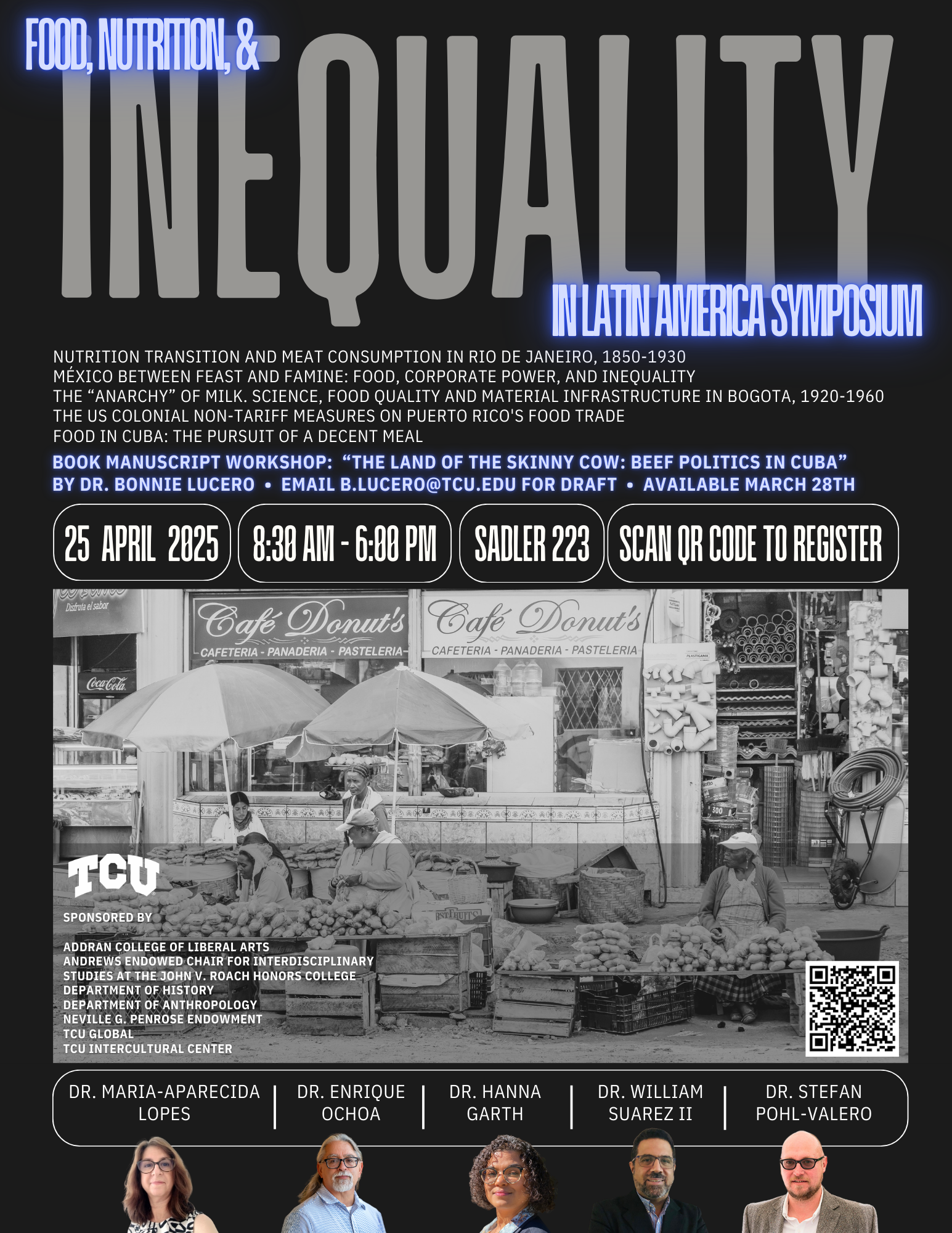
Keynote Address
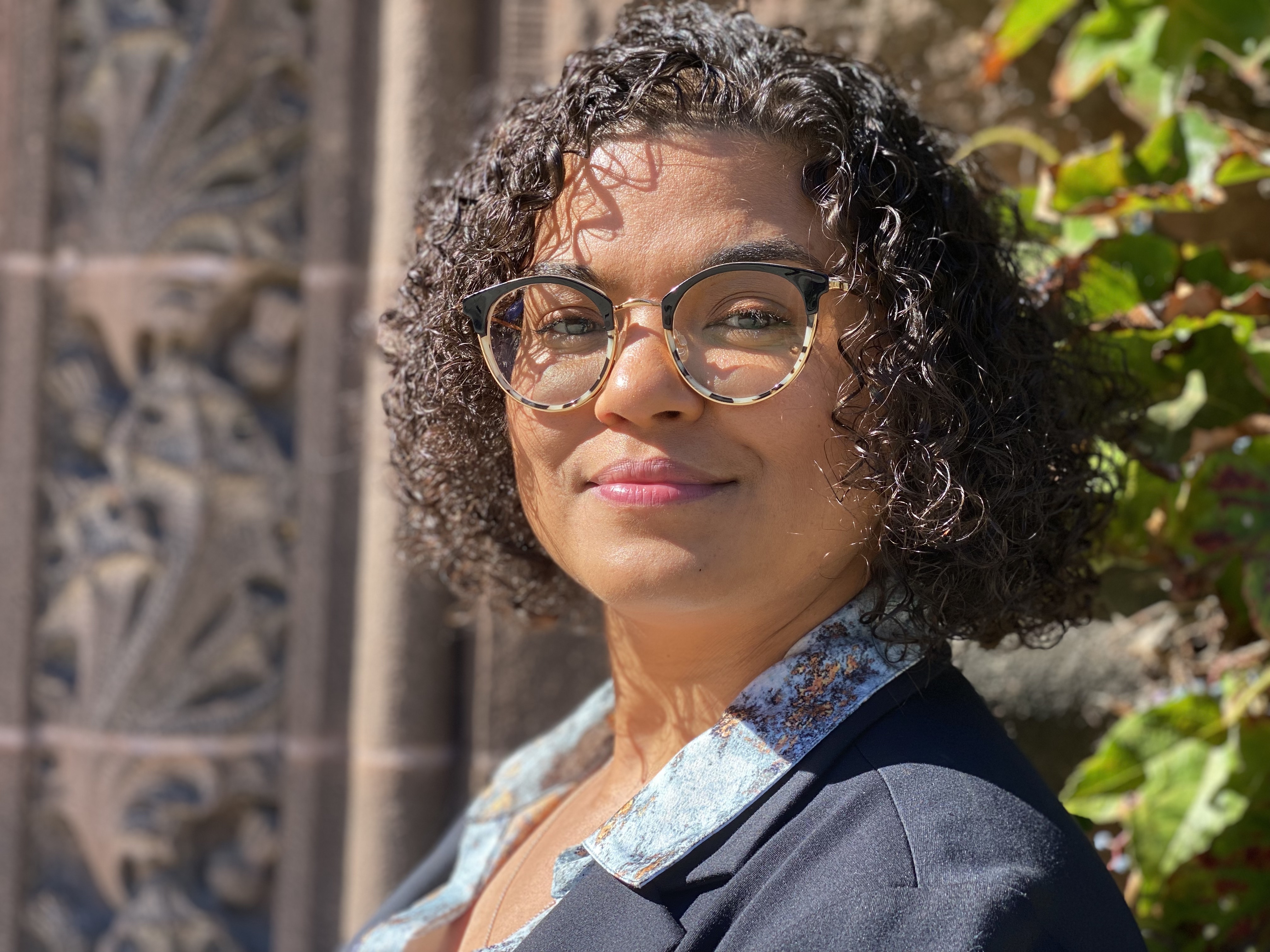 |
|
Hanna Garth
Assistant Professor of Anthropology, Princeton University
Dr. Hanna Garth is an Assistant Professor of Anthropology at Princeton University.
She has published articles in several academic journals, including American Anthropologist; Food, Culture and Society, Social Science and Medicine; and Anthropological Quarterly. Her first book, Food in Cuba; The Pursuit of a Decent Meal, is based on ethnographic research in Santiago de Cuba, the island's second largest
city. In 2020, she also published Black Food Matters: Racial Justice in the Wake of Food Justice, a volume co-edited with Ashante M. Reese.
Talk Abstract: Drawing on long-term ethnographic research in Santiago de Cuba, in this project Garth
details how families struggle to acquire food and assemble "a decent meal," a morally
laden local social category wherein families determine whether food quality and cultural-appropriateness
meet their standards. Garth examines the ways Cuban families struggle to access food
and maintain a decent quality of life as the socialist welfare state continues to
falter in post-Soviet Cuba. The research illuminates the social and emotional dimensions
of the practices of food acquisition by analyzing how families respond to shifts in
food access. To understand this situation, Garth introduces "the politics of adequacy,"
which details how people resist and make sense of scarcity or changing availability
of basic life necessities, such as food. This work is based on intensive ethnographic
fieldwork inside of the homes of 22 fammilies in Santiago de Cuba, the island's second
largest city. Spanning neighborhood, social class, household income level, and skin
color, Food in Cuba captures previously undocumented details of household dynamics, community interaction,
and individual reflections on everyday life in Cuba today.
|
Sponsored Guests
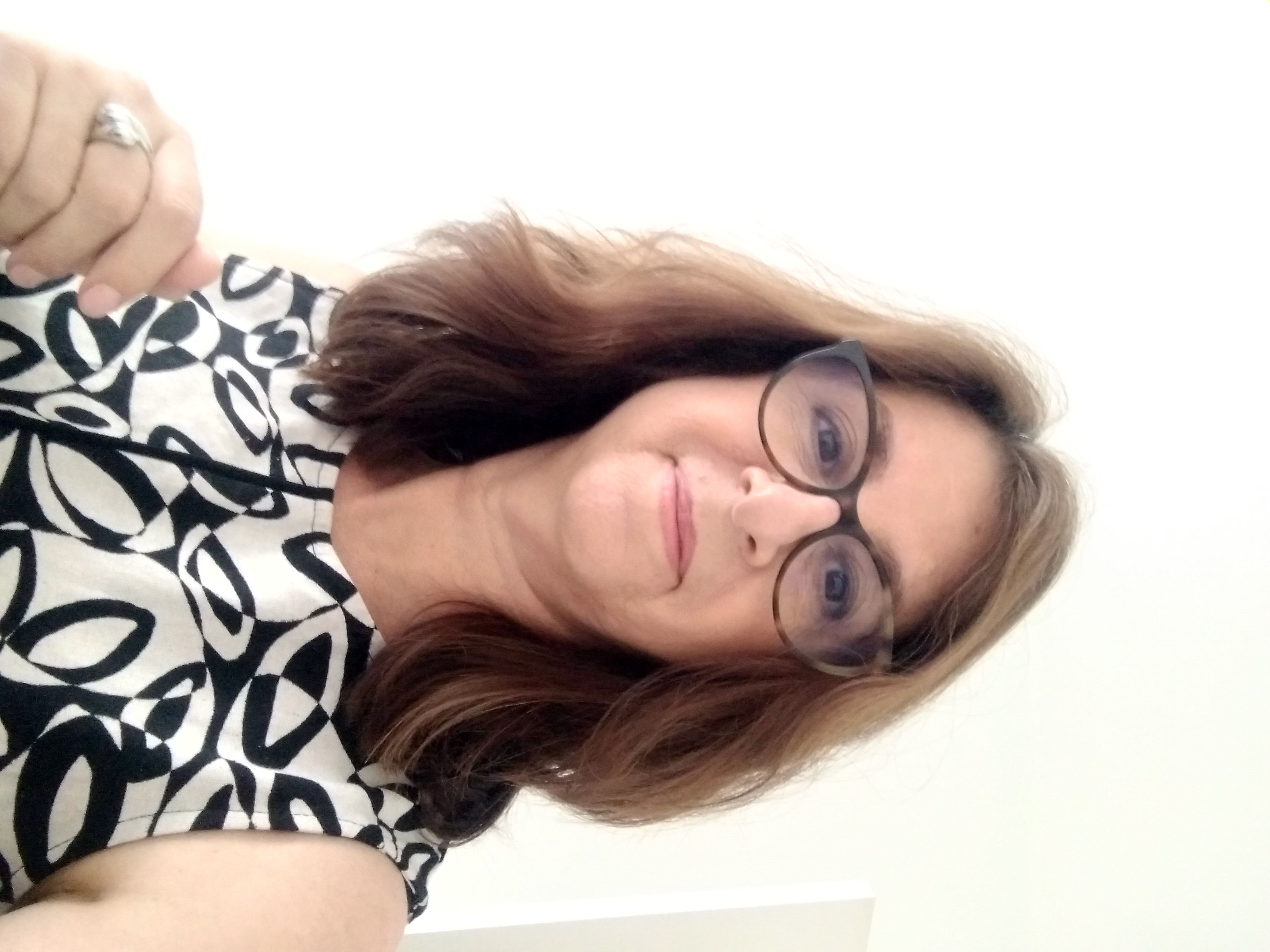 |
|
|
Maria-Aparecida Lopes
Professor of History, California State University-Fresno
"Nutrition Transition and Meat Consumption in Rio de Janeiro, 1850-1930"
|
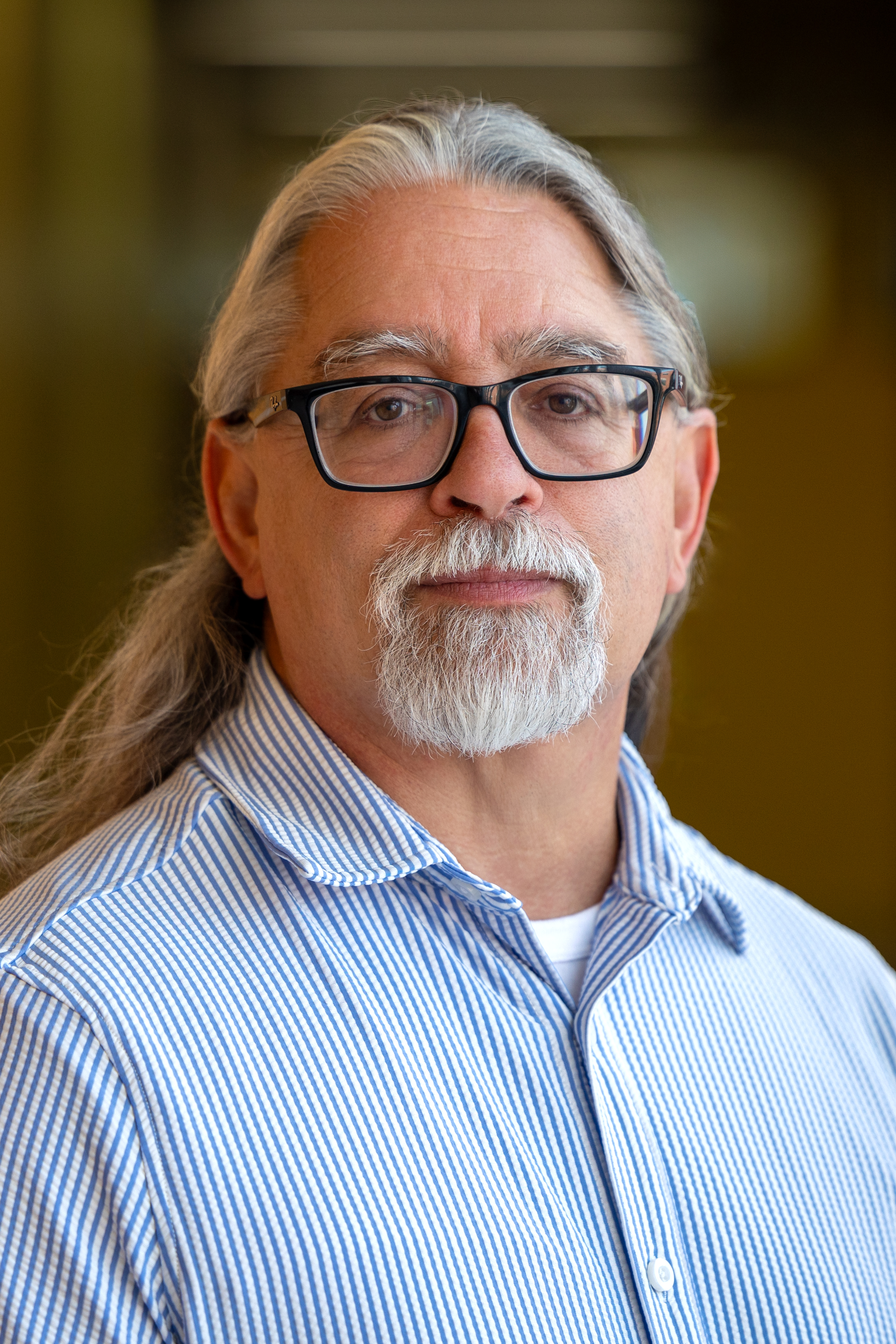 |
|
|
Enrique Ochoa
Professor of Latin American Studies and History, California State University - Los
Angeles
"Mexico Between Feast and Famine: Food, Corporate Power, and Inequality"
Enrique C. Ochoa is a professor of Latin American Studies and History at the California
State University, Los Angeles. In 2013-2014, Enrique was named the President's Distinguised
Professor, and from 2006-2008 they held the Walter and Michi Nishiura Weglyn Endowed
Chair of Multicultural Studies at Cal Poly Pomona.
Enrique's latest book, Mexico Between Feast and Famine: Food, Corporate Power, and Inequality, is forthcoming with the University of Arizona Press. The author of the award-winning,
Feeding Mexico: The Political Uses of Food Since 1910 (Rowman and Littlefield, 2000), Enrique is a contributor to the Oxford Handbook on Food History. They are also the author of the forthcoming "Latin American Food Systems" for the
Oxford Bibliography of Food Studies. Enrique's edited co-edited volumes include Latina/o Los Angeles: Migrations, Communitieis, and Political Activism (Arizona, 2005), History and Critical Pedagogies: Transforming Consciousness, Classrooms, and Communities, a special issue of the Radical History Review (2008); and Mexico Beyong 1968: Revolutionaries, Radicals, and Repression during the 1960s and
1970s (Arizona, 2018).
A community based public historian, Enrique works to link community struggles to their
teaching and research.
|
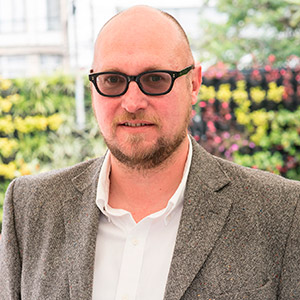 |
|
|
Stefan Pohl-Valero
Associate Professor, Universidad del Rosario (Bogota, Columbia)
"The "Anarchy" of Milk. Science, Food Quality and Material Infrastructure in Bogota,
1920-1960"
Stefan Pohl-Valero holds a PhD in History of Science and is Associate Professor at
the Universidad del Rosario in Bogota. He researches the history of food, public health
and the relations between science, experts, and the state. He leads the research project,
"Assembling the food problem in Latin America's Long Cold War." The most recent results
of this project are the edited book (together with Joel Varga) El hambre de los otros. Ciencia y politicas alimentarias en Latinoamerica, siglos XX y XXI (Bogota, 2021) and the dossier (edited with Jose Buschini) Estado, saber experto
y la configuracion del problema alimentario en America Latina (1900-1960) (Estudios Sociales del Estado, 2022). In 2019, he was Fulbright Visiting Scholar in the Department of Social Medicine
at the University of North Carolina Chapel Hill, and from 2022 to 2023 a 'Maria Zambrano'
researcher at the Institute for the History of Science at the Autonomous University
of Baraceloa, Spain.
He is associate editor of the journal Historia, Ciencias, Saude-Manguinjos (Brazil) and founder and coordinator of the international network on 'Historical
and Social Studies of Nutrition and Food in Latin America'.
|
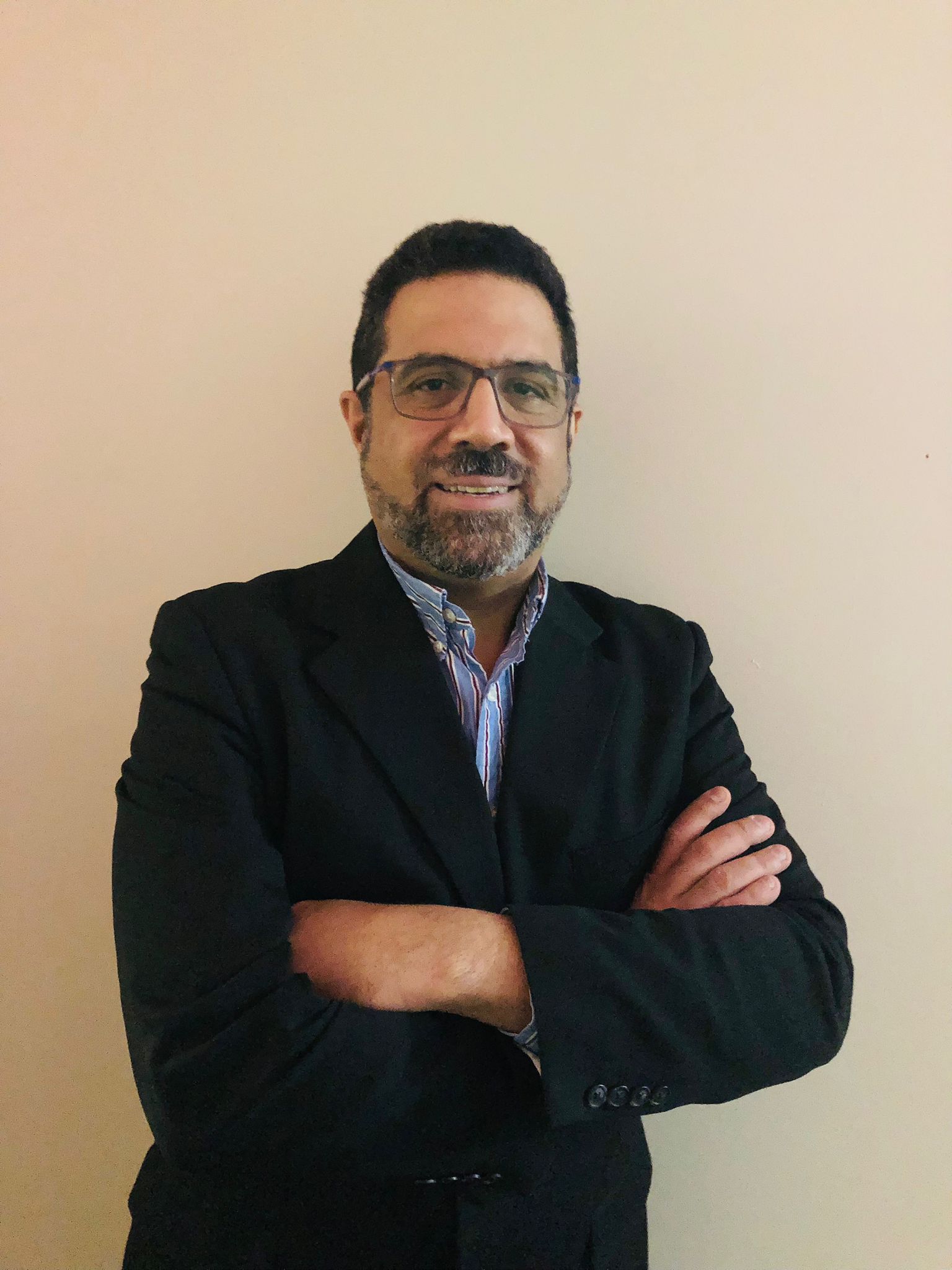 |
|
|
William Suarez II
Assistant Professor, Lehman College (CUNY)
"The US Colonial Non-tariff Measures on Puerto Rico's Food Trade"
William Suarez II is an agrifood scientist with over 12 years of professional experiences
in NGO leadershi p positions in Puerto Rico and abroad. He specializes in small economies
agrifood systems, sustainable develeopment, and non-tariff measures affecting the
right to food. A former advisor-member of the Puerto Rico's Delegation on Agricultural
Matters of US-CAFTA-RD, he has conducted mixed methods reseaerch on and some publications
about food insecurities in SIDS and health issues among migrant farmworkers.
Bachelor & Master in Agricultural Science and Nutrition respectively at University
of Puerto Rico Mayaguez. Postgraduate studies in Educational Leadership and Supervision,
AGM University-Puerto Rico; Innovation Entrepreneurship at London School of Business
& Finance, United Kingdom: and in International Supply Chain & Logistics in Rotterdam
University of Applied Science in the Netherlands. He received a PGRes diploma (MRes.)
and PhD in International Developemnt & Economic Studies fom the University of Bradford,
UK. Currently, Assistant Professor at the Health Equity Administration and Technology
Department, Lehman College at the City University of New York.
|